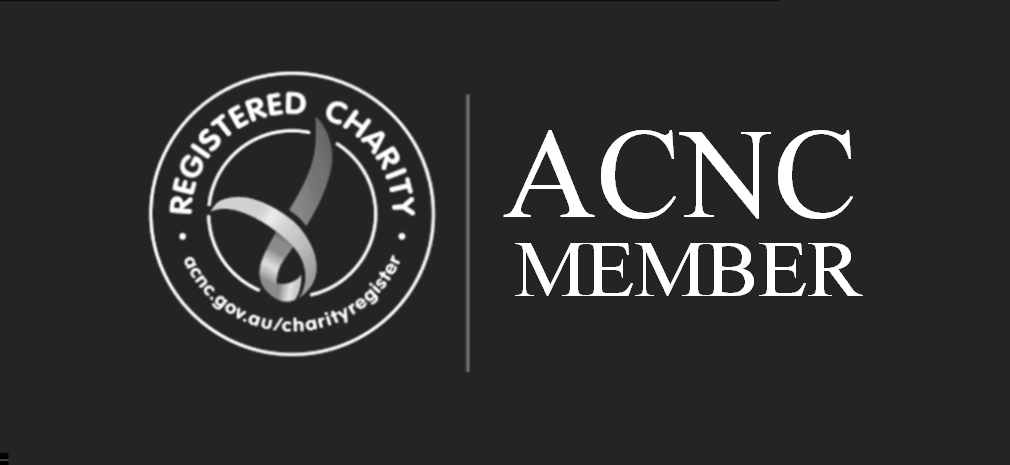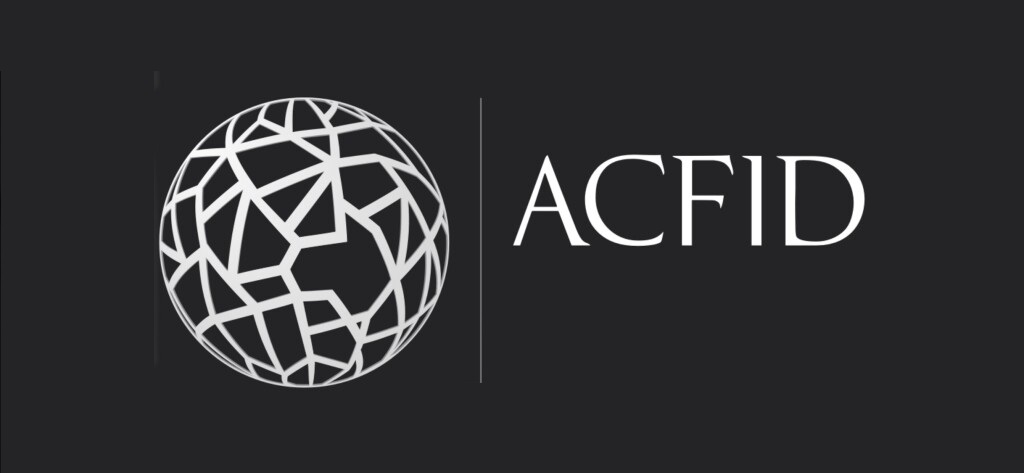Verifier
Policy, statement or guidance document that commits the Member to promoting the role and leadership of local actors.
Noting that this Indicator and its Verifier are only relevant to Members that support or undertake humanitarian assistance.
Guidance
During the World Humanitarian Summit, held in May 2016, the UN Secretary General called upon the international community to put local responses at the heart of humanitarian efforts. In response, a group of organisations working in humanitarian action committed to the Charter for Change, which seeks to promote more locally led humanitarian responses.
Your policy, statement, or guidance document could include: recognition of the role of local actors in a humanitarian response, a commitment to identifying local communities and organisations who can play a role in providing humanitarian assistance, and a commitment to promoting leadership by local actors on humanitarian responses.
An example of a statement that would satisfy this indicator would be: “In determining its humanitarian responses, Agency ABC commits to work with local communities and local organizations wherever possible, recognising that they are the first to respond, better positioned to respond and often last to leave.”



